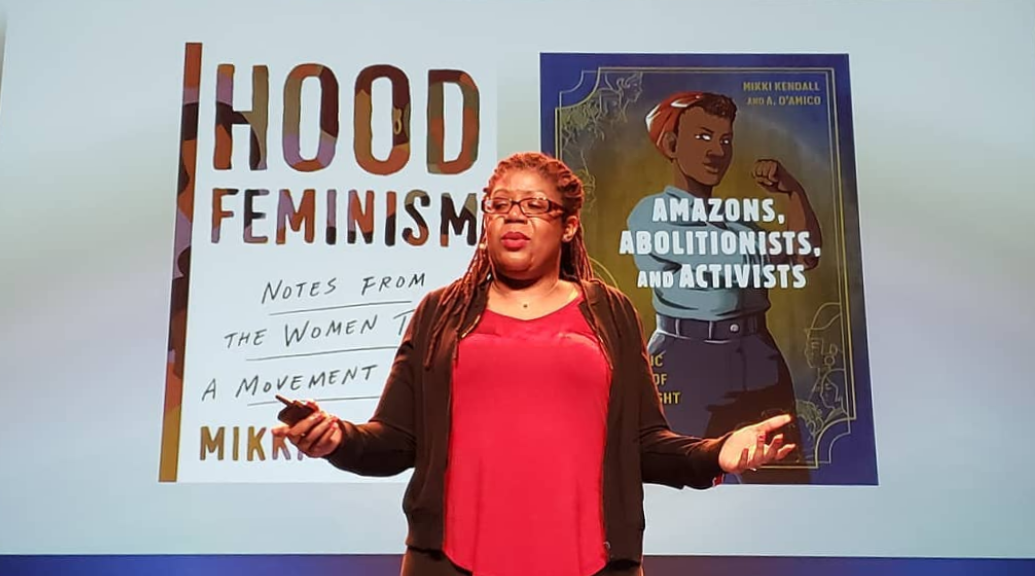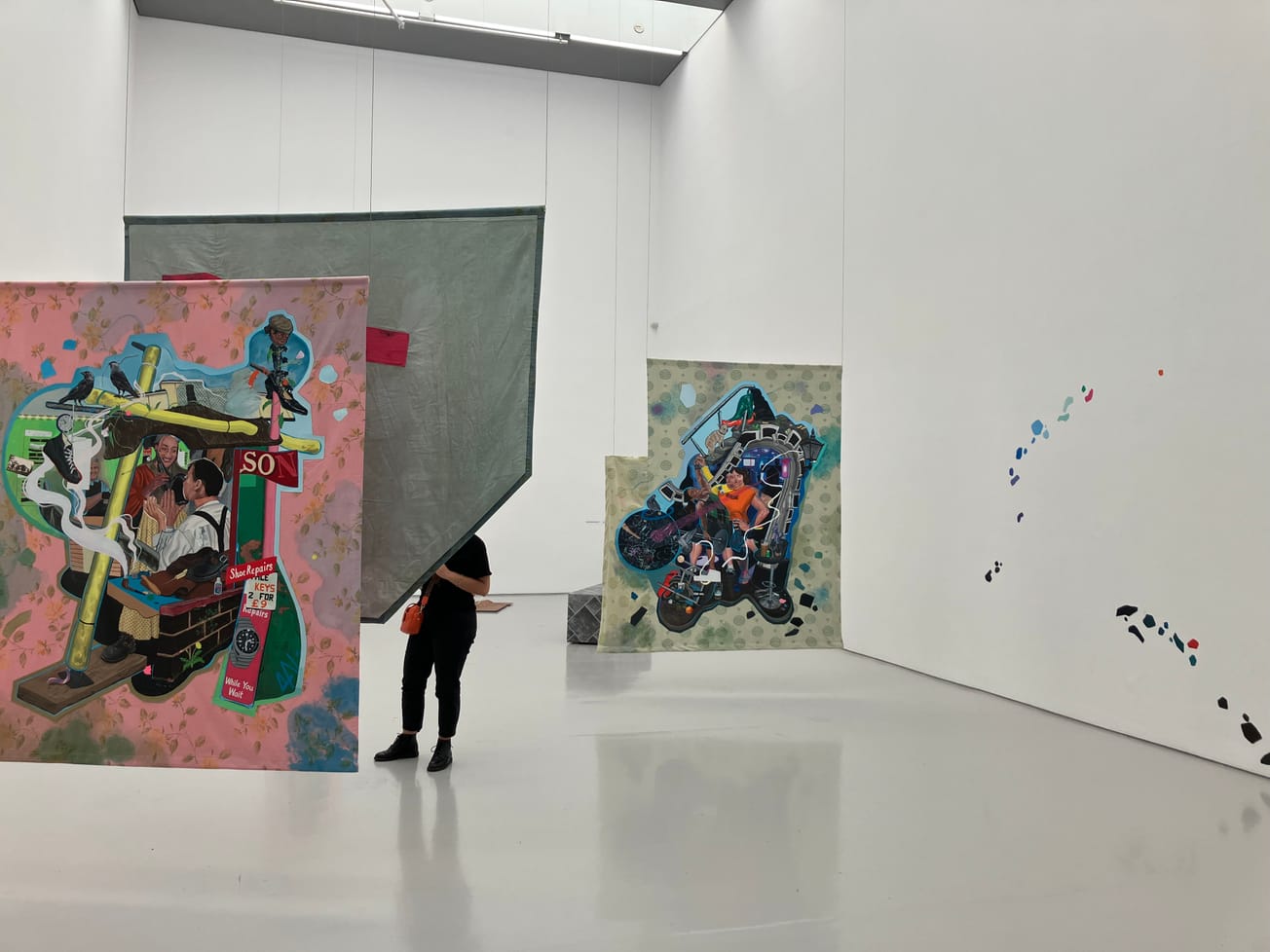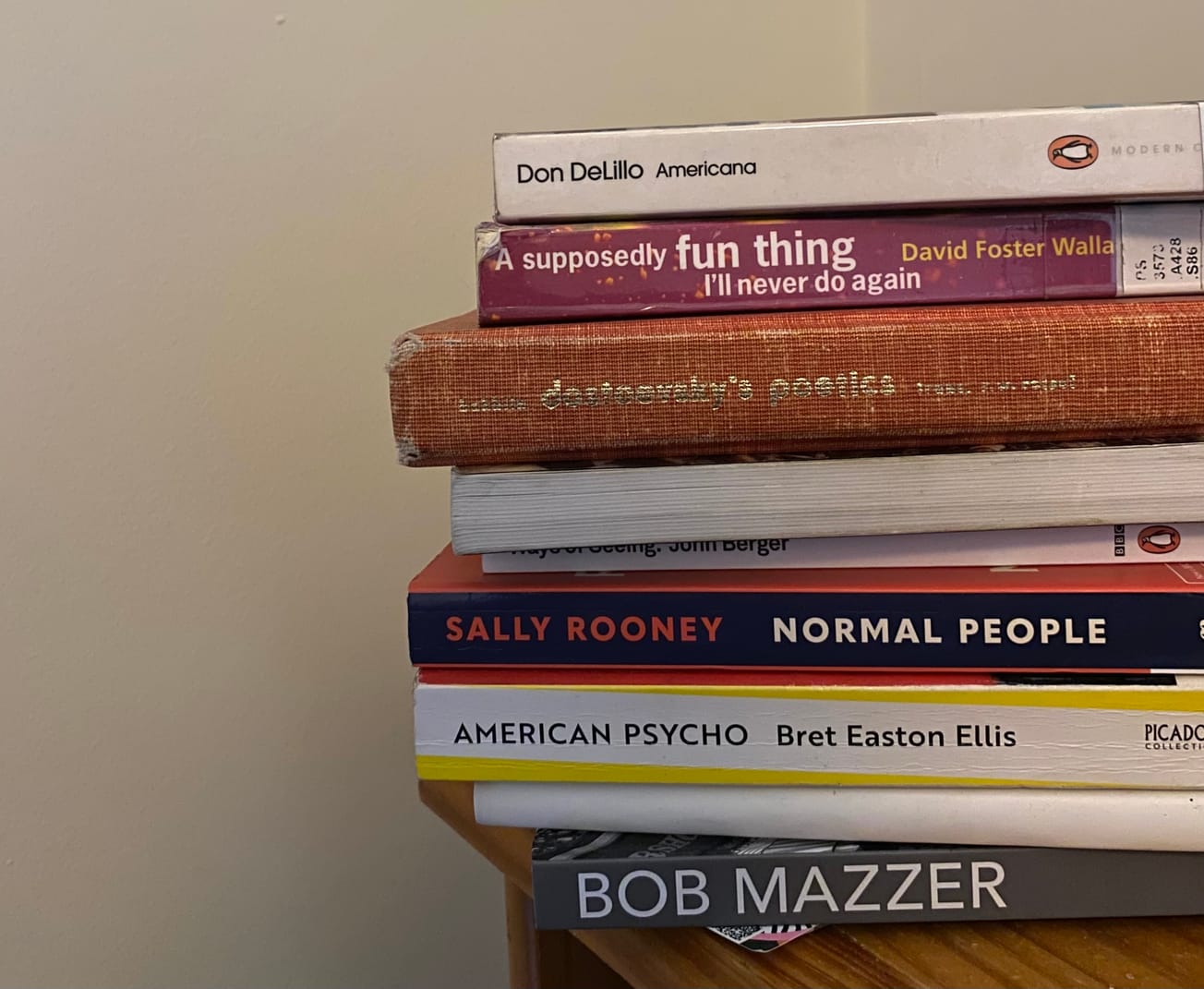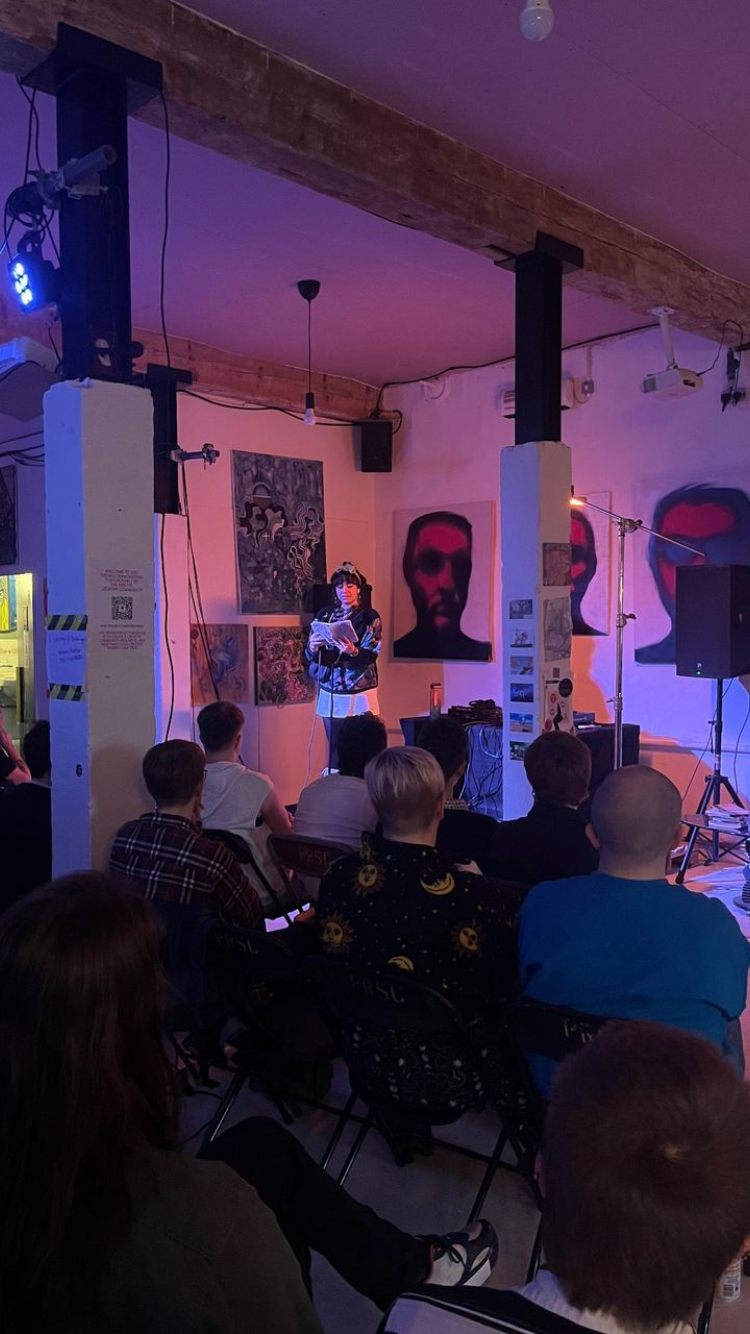By Melissa Braine, Arts Digital Editor
Literature plays a crucial role in our understanding of experience and history. The literary world's privileged foundations have inherently dismissed Black authors and denied them of careers and recognition. In doing so, we have also diminished authentic accounts of real Black experiences, identities, and voices. To honour Black History Month and those voices in which we have unjustly silenced, I have collated some of my favourite texts written by Black authors that powerfully reflect the beauty and pain in both the modern and historical world. Although October is Black History Month, the celebration and inclusion of Black narratives and authors should be ongoing.
Hood Feminism: Notes from the Women White Feminists Forgot (2020) – Mikki Kendall
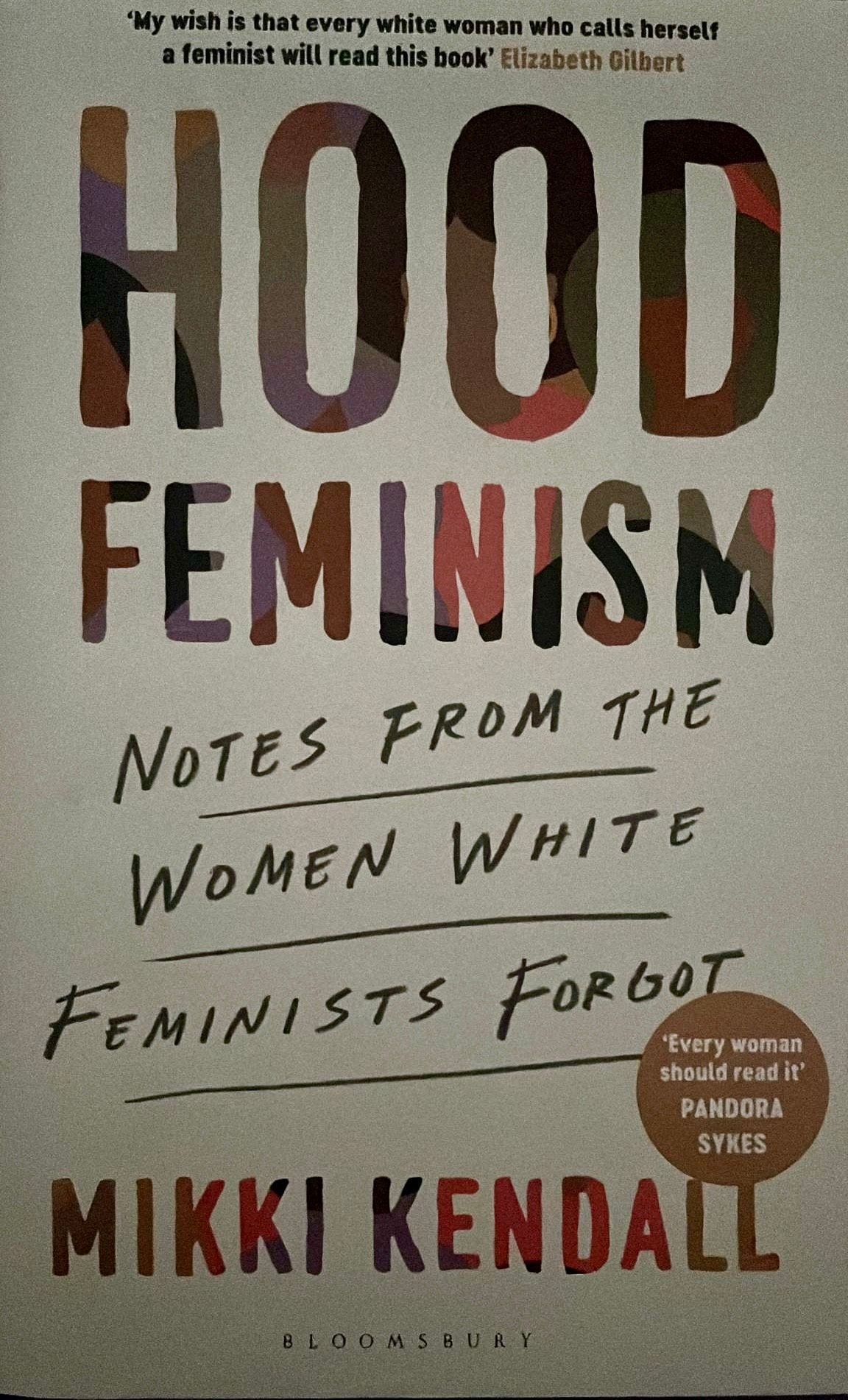
In her collection of essays, Mikki Kendall calls out mainstream feminism and its failure to address the needs of all women. Hood Feminism is rooted in ‘intersectionality’, a term coined by Professor Kimberlé Williams Crenshaw to reflect how our various identities result in different lived experiences. It is an urgent fight for justice for the people the various waves of feminism have consistently excluded – those who are at a greater social disadvantage by the multiplicity of intersections, such as their gender identity, race, class, sexual orientation, and ability. Kendall writes that ‘an intersectional approach to feminism is key to improving relationships between communities of women, so that some measure of true solidarity can happen.’ Each chapter is designed to focus on the experiences of the marginalised, in which Kendall bravely draws upon her own experiences as a Black woman.
Under the Udala Trees (2015) – Chinelo Okparanta

Set in war-torn 1960s Nigeria, Chinelo Okparanta crafts the heartfelt narrative of Ijeoma and her struggle towards selfhood. Reflecting upon pivotal themes such as religious and cultural expectations, effects of war, sexuality and prejudice, and their consequential effect on Ijeoma’s mental state, Okparanta addresses Ijeoma’s constant endeavour towards personal freedom. The name of the novel itself comes from a famous folktale of the Nigerian peoples, with the Udala Tree being a symbol of female fertility. Ijeoma’s struggles represent those of the majority of Nigerian women who are confined under the name of fertility and motherhood. Readers are nonetheless met with a glimmer of hope by the strength of the female protagonist and her personal fight for her future in which she longs for truth, freedom, and love.
Open Water (2021) – Caleb Azumah Nelson
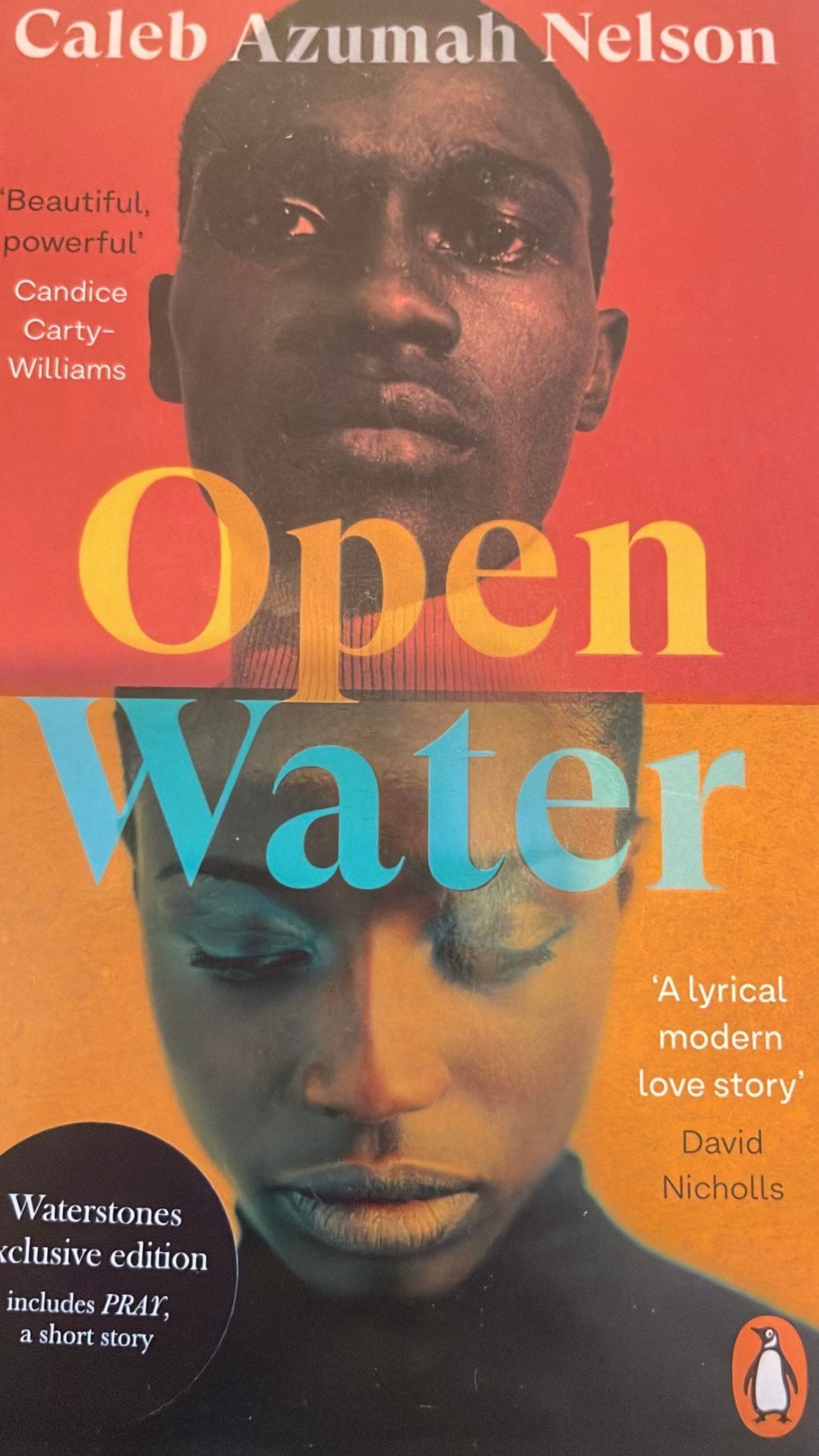
Winner of the Costa First Novel Award 2021 and a No.1 Bestseller in The Times, Open Water is a touching love song dedicated to the intense vulnerability and pain that accompanies the tender love between two young Black artists. Nelson explores the shared experiences of Black British youth and how their feelings of unbelonging sparks confinement and comfort within each other. With a powerful depiction of race, masculinity, and the vulnerability of first love, Open Water is a beautiful and essential debut that asks what it means to find safety in love, to only lose it again.
Featured Image: Courtesy of Mikki Kendall on Instagram, @karnythia
Have you been including Black literature in your reading?

